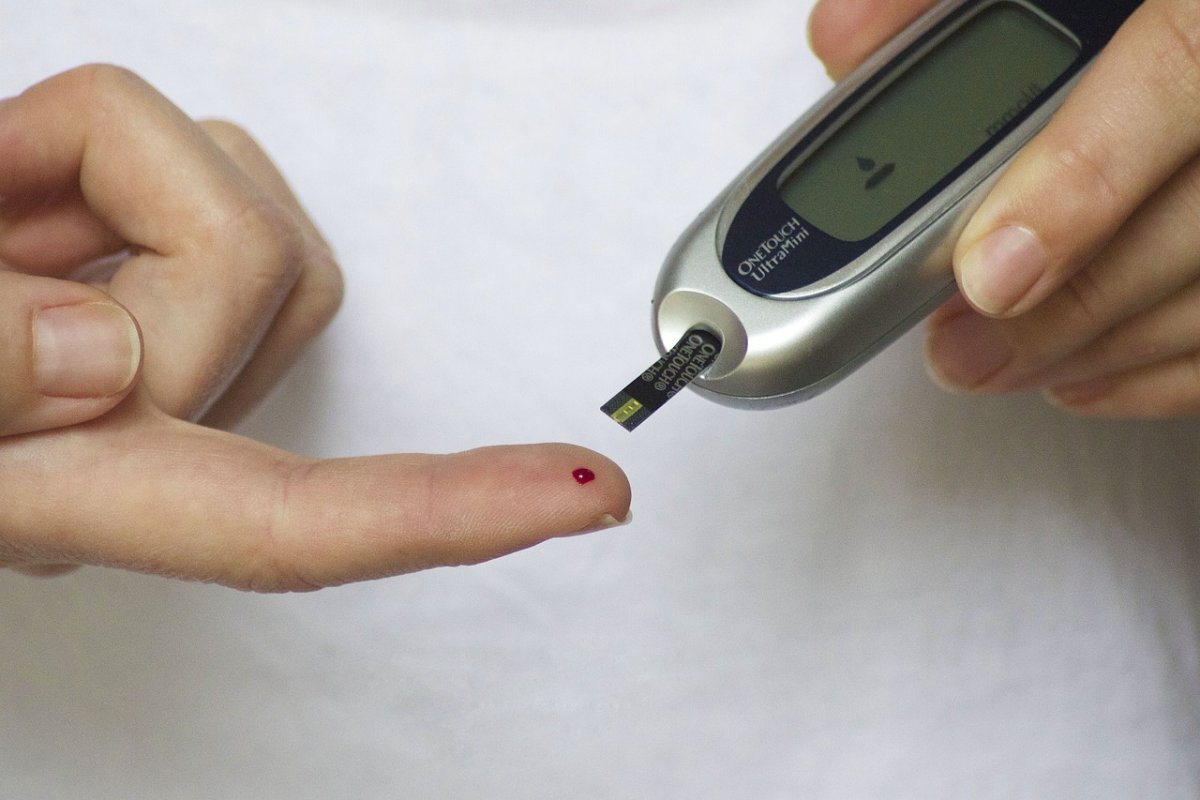
Gastroenterologist Dilyara Lebedeva spoke about vitamin D, paying attention to how it “works” in people suffering from diabetes.
“Controls blood sugar levels – especially important for those who suffer from diabetes, since vitamin D helps regulate insulin secretion,” the doctor wrote in her blog.
In the liver, this vitamin is converted into calcidiol, and in the kidneys it becomes calcitriol, the most active form.
What else does vitamin D do in the body:
- Regulates more than 200 genes , affecting the DNA of every cell – from the skin to the bone marrow.
- Supports immunity – adequate levels of vitamin D reduce the risk of infections, including those often associated with diabetes.
- Vitamin D deficiency is associated with a number of conditions, including osteoporosis and cardiovascular disease.
— For diabetics, vitamin D is a real hero. Not only does it help control blood glucose levels, but it also reduces inflammation associated with diabetes, the doctor emphasized.
Signs of vitamin D deficiency may include:
1. Fatigue and weakness.
2. Frequent diseases and infections.
3. Pain in bones and muscles.
4. Long healing of abrasions and wounds.
5. Mood problems, including depression and anxiety.
6. Decreased bone density and increased risk of osteoporosis.
7. Sleep problems.
Foods rich in vitamin D:
- Salmon
- Sardines and others fatty fish
- Herring
- Canned tuna
- Cod liver oil
- Egg yolks
- Mushrooms
- Cow's milk
- Soy milk
- Orange juice
Read also: Oncologist surgeon Karasev called lack of strength a possible sign of cancer
You can also read: Gastroenterologist Vyalov warned about the special danger of beer for the stomach
Read further: Doctors called a constantly bloated stomach the main sign of the “silent” type of cancer
Important ! Information is provided for reference purposes. Ask a specialist about contraindications and side effects and under no circumstances self-medicate. At the first signs of illness, consult a doctor.
